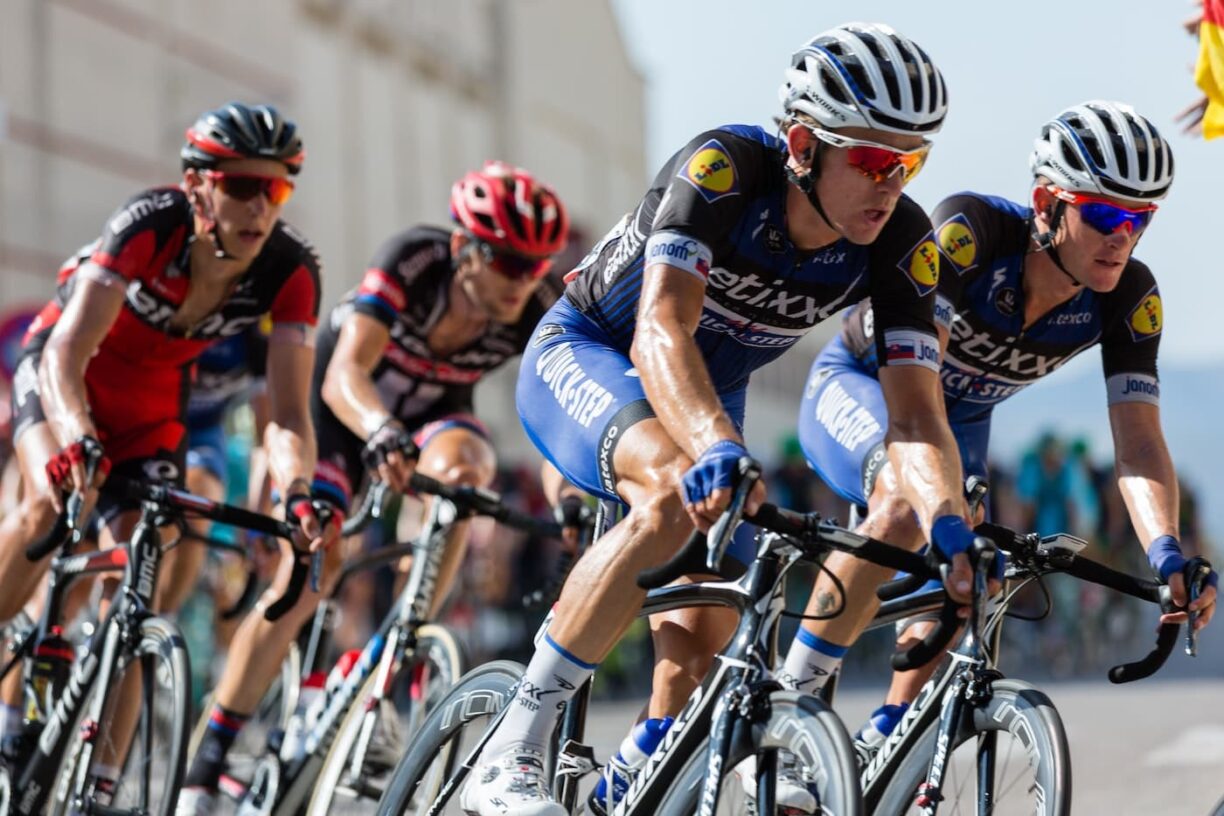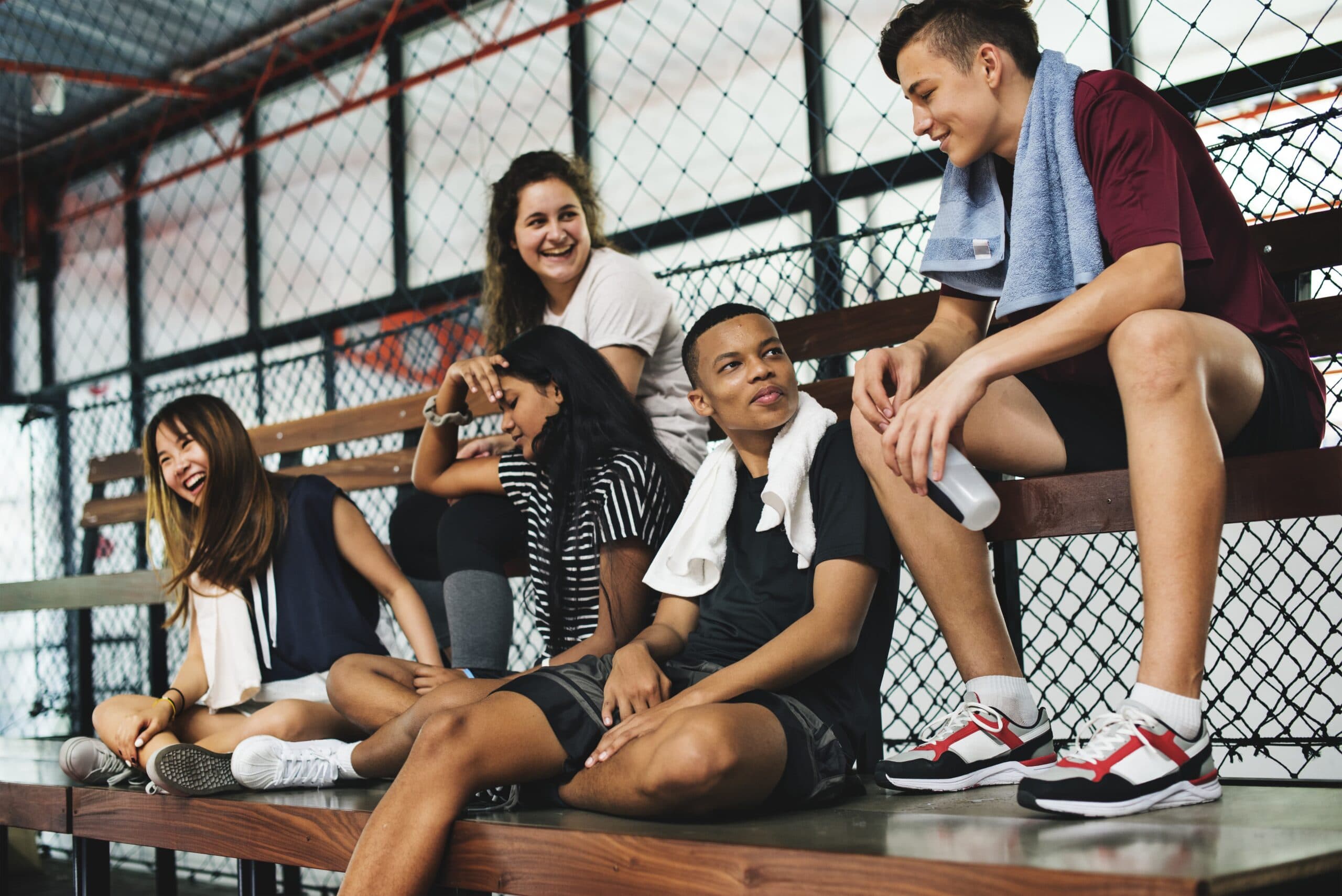Have you ever wondered how joining a sports team can transform your school life? Well, let us take you on a little journey through the perks of getting involved in sports and how they can spice up your student life. It’s not just about having fun—playing sports can really boost your brainpower and social skills.
But there’s a catch! Balancing sports and academics can be like trying to keep a soccer ball in the air while solving a math problem.
It requires skill, timing, and a bit of strategy. Don’t worry, though. We’re here to help you figure out how to keep that ball rolling smoothly alongside your schoolwork.
If managing everything feels like too much, you can always pay someone to do my math homework help online to lighten the load and free up time for sports or other activities.
Lastly, have you ever felt overwhelmed with projects or essays? Well, integrating sports into your routine can surprisingly boost your efficiency and even improve your focus when tackling tough tasks with help from thesis writing services.
Yes, sports might just be the secret ingredient you need to keep your academic game strong!

The Benefits of Playing Sports
Better Grades and Sharp Minds
Believe it or not, students who play sports tend to score better grades. That’s right! The discipline and focus needed in the field can actually spill over into your studies.
Sports require you to set goals and strategize, which are super useful skills for acing tests and organizing school projects.
Making Friends and Building Teamwork
Sports are a fantastic way to meet new people and make lasting friendships. Being part of a team teaches you about trust and cooperation.
These social skills are golden and can make group projects and classroom interactions a whole lot easier and more enjoyable.
Health and Happiness
Regular physical activity keeps you fit and reduces stress, which is a common issue among students. It boosts your mood and keeps those endorphins flowing, making you feel happier and more relaxed even during exam season.
Balancing Sports and Academics
Setting Priorities
It’s important to know when to hit the books and when to hit the ball. A good planner can be your best friend here, helping you keep track of practice times and study sessions. Remember, staying organized is key to managing your time effectively.
Effective Time Management
Make use of any free periods at school or breaks between classes to get some studying done. This way, you won’t be swamped with homework after practice or games.
Also, don’t be shy about using downtime during bus rides to games or waiting for practice to start to flip through your notes or read up on upcoming topics.
Communication Is Key
Always keep your teachers and coaches in the loop about your schedule. They can be really understanding about deadlines and can often offer advice or adjustments to help you manage better. After all, they want you to succeed both in the classroom and on the field!
What to Do and What Not to Do
Dos:
- Stay Hydrated and Eat Right: Your brain and body need fuel to function at their best both in sports and in school.
- Ask for Help: If you’re struggling to keep up, talk to someone. Whether it’s a teacher, coach, or counsellor, they’re there to help you.
Don’ts:
- Overcommit: Know your limits. If you feel stretched, it might be time to reassess your commitments.
- Procrastinate: Leaving things until the last minute can lead to stress and poor performance both academically and athletically.
- Neglect Self-Care: Always take time to relax and do things you enjoy outside of sports and school.
Is Group Sports Better?
Playing team sports like soccer, basketball, or volleyball can teach you a lot about working with others toward a common goal.
However, individual sports like tennis or track can help you develop personal discipline and self-motivation. The best option really depends on what you enjoy and what skills you want to develop.
Deep Dive into Sports and Academic Success
The Science Behind Sports and Learning
Engaging in sports doesn’t just build muscle – it builds brainpower, too. Studies have shown that physical activity increases blood flow to the brain, which can help enhance cognitive functions and memory.
This means after a game or practice, your brain is actually in a better condition to absorb information and understand complex concepts.
Plus, mastering different physical skills can translate into an enhanced ability to solve problems and think critically in academic settings.
The Role of Coaches and Teachers
Both coaches and teachers play pivotal roles in your development. Here’s how to make the most of these relationships:
- Seek advice: Don’t hesitate to ask for advice on managing your schedule. Many coaches were student-athletes themselves and understand the challenges you face.
- Use their expertise: Teachers can offer techniques for efficient studying, while coaches can provide tips for physical and mental wellness.
- Regular updates: Keep both informed about your progress and challenges. They can coordinate to support you better if they’re aware of your entire situation.
Health Management for Student Athletes
Maintaining your health is crucial, especially when you’re balancing school and sports. Here are some key health tips:
- Mind your mental health: The pressure of excelling in both academics and sports can be stressful. Techniques like meditation, breathing exercises, or speaking with a counselor can help manage stress.
- Regular check-ups: Visit your doctor regularly to ensure you’re physically fit to participate in sports and manage your academic workload.
Technology and Tools to Help You Balance Sports and Academics
Leverage technology to streamline your schedule and enhance your learning:
- Educational apps: Apps like Quizlet for flashcards or Khan Academy for tutorial videos can help you study on the go.
- Fitness trackers: Use a fitness tracker to monitor your physical activity and ensure you’re getting enough exercise without overdoing it.
Final Thoughts
Whether you’re scoring goals or acing tests, sports can play a crucial role in your student life. They teach you valuable life skills and help you manage your time, stress, and social interactions better.
Remember, the key to success in balancing sports and academics lies in organization, communication, and knowing your limits.
So, lace up your sneakers, grab your books, and get ready to play your best game yet—both on the field and in the classroom! Let’s make it a great year.





